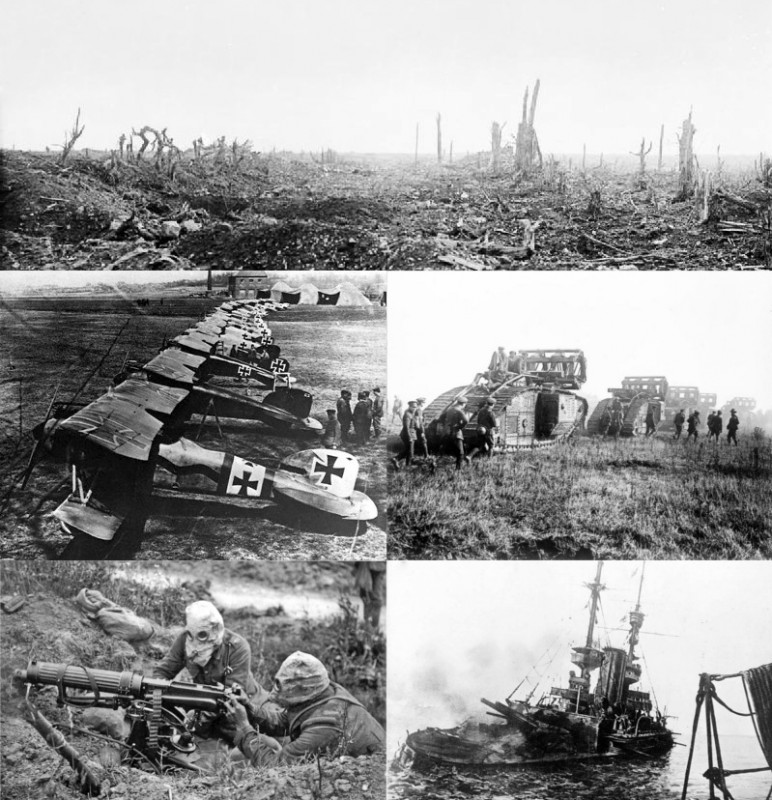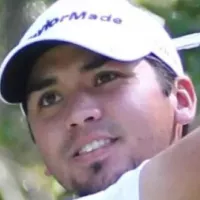Germany and Spain share robust diplomatic relations, underpinned by their membership in key international organizations such as the European Union, OECD, NATO, and the United Nations. These affiliations foster cooperation on various fronts, including economic, political, and security matters. Their shared membership within the EU is particularly significant, influencing trade, policy alignment, and citizen mobility. This close relationship extends to collaborative efforts within international forums, addressing global challenges and promoting shared interests.
1914: Spain Remains Neutral in World War I
In 1914, at the start of World War I, Spain chose to remain neutral. Germany and the Central Powers ultimately lost the war against the Triple Entente.
1918: End of WWI and Abdication of German Monarchs
The year 1918 marked the end of World War I and the defeat of Germany and the Central Powers. This defeat resulted in the abdication of all German monarchs, and also meant that Germany failed to become a colonial rival to Spain in Morocco.
1923: Dictatorship of General Miguel Primo de Rivera
In 1923, General Miguel Primo de Rivera established his dictatorship in Spain, marking a period of uncertainty and instability for the country.
1930: End of Miguel Primo de Rivera's Dictatorship
In 1930, the dictatorship of General Miguel Primo de Rivera came to an end in Spain. The inter-war period was associated with great uncertainty and instability for most European countries.
1931: Proclamation of the Second Spanish Republic
In 1931, the Second Spanish Republic was proclaimed in Spain, following a period of dictatorship under General Miguel Primo de Rivera.
February 1937: Málaga–Almería Road Massacre
In February 1937, the Málaga–Almería road massacre resulted in the murder of about 10,000 people fleeing the city during the Spanish Civil War. During this period, members of the international POUM militia fought for members of Trotskyist, left-socialist and opposition communist groups such as the German SAP and KPO.
February 1939: Civil War Refugees in France
In February 1939, there were approximately 500,000 civil war refugees, most of whom were interned in the south of France.
April 1, 1939: Franco Proclaims Victory in Spain
On April 1, 1939, after the last Republican forces surrendered, Franco proclaimed victory, establishing a dictatorship throughout Spain.
1939: End of the Spanish Civil War
The Spanish Civil War, which began in July 1936, concluded in 1939.
July 1940: Spain Declares Itself a War Leader
In July 1940, Franco declared that Spain was not neutral but merely a war leader, showing his alignment during World War II.
August 6, 1940: Spanish Prisoners in Mauthausen Concentration Camp
Since August 6, 1940, many Spanish prisoners of war were sent to the Mauthausen concentration camp. Over 7,000 Spanish prisoners lived there, with 5,000 of them dying.
1940: Franco's Meeting with Hitler in Hendaye
In 1940, at a meeting in Hendaye, Franco met with Hitler but refused to allow German troops into Spain, demanding French colonial territory for Spain's entry into the war.
February 1941: Hitler's Letter to Franco
In February 1941, Hitler wrote a letter to Franco emphasizing their shared historical compulsion, urging boldness and alliance.
July 1942: Hitler Considers Spanish Political Situation
In July 1942, Hitler considered "finding a suitable personality for the settlement of the Spanish political situation" and thought of General Muñoz Grandes.
December 1943: Franco's Position to the German Ambassador
In December 1943, Franco conveyed to the German ambassador that the Spanish government's stance against Bolshevism, Communism, Judaism and Freemasonry would persist both domestically and internationally.
1943: Spain's Shift Away from the Axis Powers
Around 1943, Spain began to distance itself from the Axis powers. Franco declared Spain neutral and exchanged support for allied oil supplies.
1943: Withdrawal of the División Azul
In 1943, after the Battle of Stalingrad, Franco withdrew the 'División Azul' from the Eastern Front.
1944: Franco Informed About Extermination of Jews
By 1944, Franco was informed about the extermination of Jews in Auschwitz, understanding the extent of the annihilation.
1955: Spain Admitted to the United Nations
In 1955, Spain was admitted to the United Nations, marking a step towards international integration.
1955: Federal Republic of Germany Joins Atlantic Pact
In 1955, the Federal Republic of Germany joined the Atlantic Pact.
February 9, 1962: Franco Seeks Association with European Community
On February 9, 1962, Franco submitted an application seeking an association agreement with the European Community.
1973: German Democratic Republic Joins United Nations
In 1973, the German Democratic Republic became the 133rd member of the United Nations. The Federal Republic of Germany followed as the 134th member.
1975: Franco's Death and Democratization
In 1975, after Franco's death, Spain began its democratization process under King Juan Carlos I, which helped break the country's isolation.
1988: Spain Joins Western European Union
In 1988, Spain joined the Western European Union, strengthening its European ties.
July 2004: Spain Withdraws Troops from Iraq
In July 2004, Prime Minister Zapatero withdrew Spanish troops from Iraq.
November 2013: Spain Increases Military Contingent in Afghanistan
By November 2013, Spain had increased its military contingent in Afghanistan, with 34 Spaniards having died.
March 2018: Arrest of Carles Puigdemont in Germany
In March 2018, Catalan politician Carles Puigdemont was arrested in Germany, leading to an examination of potential extradition.
August 2022: Germany Supports Gas Pipeline Connecting Spain to Europe
On 30 August 2022, German chancellor Olaf Scholz supported the construction of a gas pipeline (MidCat) connecting Spain and Portugal to France and the rest of Europe. Spanish prime minister Pedro Sánchez was also invited to a German Cabinet meeting.
Mentioned in this timeline
Morocco officially the Kingdom of Morocco is a North African...
Germany officially the Federal Republic of Germany is a Western...
World War II - was a global conflict between the...
Iraq officially the Republic of Iraq is a West Asian...

World War I a global conflict between the Allies and...
France officially the French Republic is primarily located in Western...
Trending

7 months ago Jason Day's Outfit Sparks Debate Amidst 'Horrific' Open Championship Performance

9 months ago Koepka and DeChambeau attend Ryder Cup dinner, Bradley sees new side of golf.

Crystal Dunn also known as Crystal Alyssia Soubrier is a prominent figure in American professional soccer She showcases her versatility...

3 months ago Brandi Carlile releases distinct album 'Returning To Myself', explores themes of solitude.

4 months ago Silver Soars Above $50 Amidst Economic and Geopolitical Turmoil: A Four-Decade Peak

8 months ago Stock Market Climbs Amidst Moody's Downgrade and Debt Concerns: Key Takeaways
Popular

Thomas Douglas Homan is an American law enforcement officer who...

William Franklin Graham III commonly known as Franklin Graham is...

XXXTentacion born Jahseh Dwayne Ricardo Onfroy was a controversial yet...

Kristi Noem is an American politician who has served as...

Jupiter is the fifth and largest planet from the Sun...

Instagram is a photo and video-sharing social networking service owned...